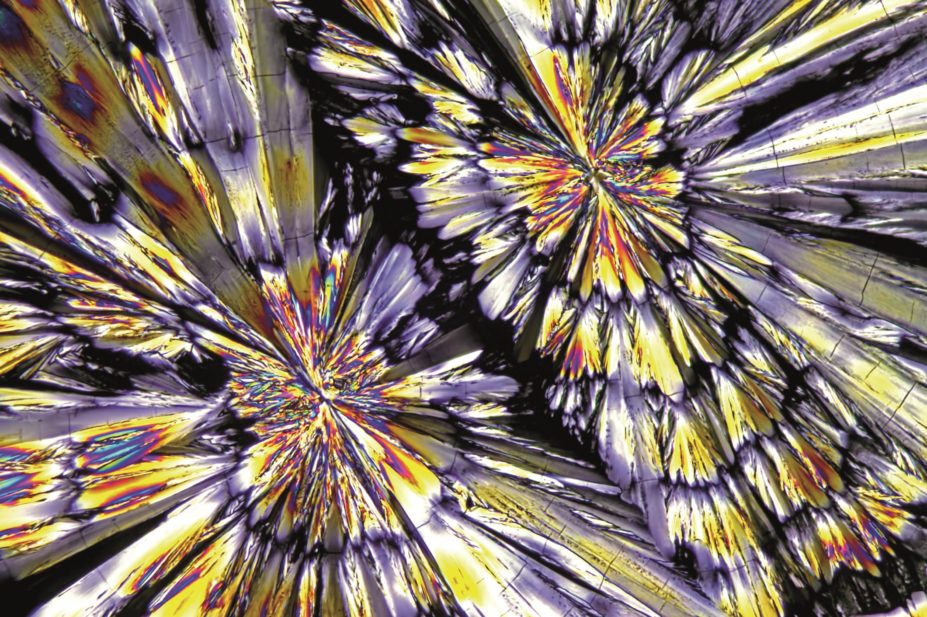
M. I. Walker / Science Photo Library
Ketamine has shown promise as a rapid-onset treatment for severe depression, but its mechanism of action is unclear.
Reporting in Nature (online, 4 May 2016)[1]
, researchers studied the effect of ketamine metabolites in mice. They found that blocking formation of one particular metabolite – (2S,6S;2R,6R) hydroxynorketamine – prevented the antidepressant effect of ketamine.
The team then showed that the metabolite can induce antidepressant effects similar to ketamine but without the related side effects. This action was not via inhibition of N-methyl-d-aspartate receptors (NMDAR), as ketamine has previously been thought to work, but via α-amino-3-hydroxy-5-methyl-4-isoxazole propionic acid receptors (AMPARs), another type of glutamate receptor in the brain.
The researchers say that the findings are relevant to the development of more effective and safe treatments for depression.
References
[1] Zanos P, Moaddel R, Morris PJ et al. NMDAR inhibition-independent antidepressant actions of ketamine metabolites. Nature 2016. doi: 10.1038/nature17998


